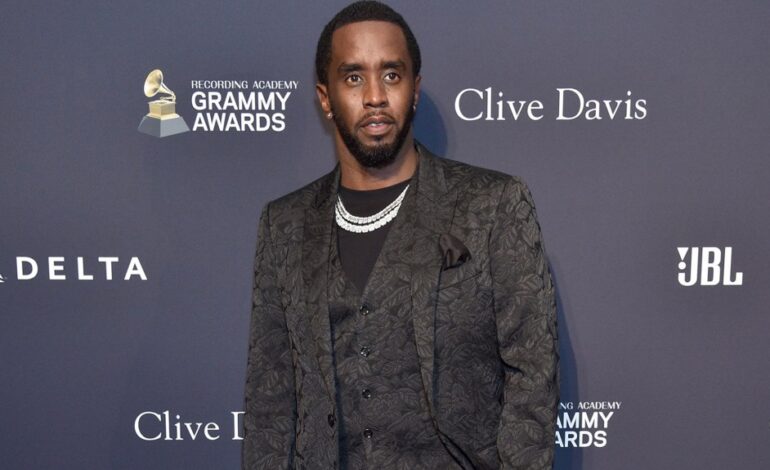Diddy Sentenced to Four Years, Music Industry Faces Multiple Legal Battles

Sean “Diddy” Combs has been sentenced to over four years in prison for violating federal prostitution laws. Judge Arun Subramanian delivered the sentence last week, concluding a tumultuous two-year period marked by accusations, investigations, civil lawsuits, and a high-profile criminal trial. While the sentence is significantly less than the potential life imprisonment Diddy faced last year for charges of racketeering and sex trafficking, it still represents a significant fall from grace for the music mogul.
The four-year sentence can be viewed as both a victory and a defeat for Diddy. Although he was acquitted of the more serious charges, the prostitution convictions alone carried a maximum penalty of 20 years. Prosecutors had sought an 11-year sentence, while probation officers suggested a term of seven years. With this context, a four-year sentence appears more favorable, especially considering he could be released in three years based on time served.
After the sentencing, Diddy’s legal team announced plans to appeal both the convictions and the length of the sentence. Lead attorney Marc Agnifilo expressed his dissatisfaction, stating, “The judge acted as a 13th juror, one we did not choose.” The defense is likely to argue against what they term “acquitted conduct,” suggesting the judge improperly considered accusations that the jury ultimately rejected.
Attorney Brian Steel highlighted the implications of this potential legal precedent, noting, “People get — God forbid — falsely accused of a crime…and then they get sentenced for the same exact conduct that the jury found that they did not commit. It seems un-American.” The legal community will be watching closely as Diddy’s appeal progresses through the courts.
Ongoing Legal Challenges in the Music Industry
In addition to Diddy’s case, the music industry is grappling with several other significant legal challenges. AI music firm Suno has found itself in the spotlight as it responds to claims from record labels that it violated the Digital Millennium Copyright Act by “stream-ripping” songs from platforms like YouTube. Suno has denied these allegations, arguing that the labels are contradicting their own past involvement in the creation of the DMCA.
Meanwhile, R&B artist Rod Wave is facing a lawsuit from Grizzly Touring, the promoter behind his Last Lap arena tour. The company claims that Wave has withheld $27 million in advances after failing to complete the tour, having performed only 26 of the planned 35 dates. The lawsuit states, “Artist refuses to pay Grizzly a single penny of the more than $27 million he owes.”
In another development, the U.S. Supreme Court recently denied Live Nation’s request to hear an antitrust class action against the concert giant. This ruling upholds a previous decision that criticized the company’s arbitration agreements with ticket buyers as “opaque and unfair.” Live Nation had cautioned that the ruling could lead to significant uncertainty for companies that have long required consumers to agree to such clauses.
High-Profile Cases in the Courts
Legal issues also loom over Lil Durk, who is facing murder-for-hire charges related to an alleged plot against rival Quando Rondo. His defense team is urging a federal judge to dismiss the charges, arguing that the prosecution has not provided sufficient detail regarding the alleged crime. With a trial set for January, Durk’s attorneys contend that the vague nature of the accusations makes it difficult to mount an effective defense.
In a notable case that has drawn public interest, Spencer Elden, the individual who was photographed as a nude baby on the cover of Nirvana’s iconic 1991 album *Nevermind*, has launched an appeal following a dismissal of his child pornography lawsuit against the band. Elden’s legal battle has already made its way through the courts, and he is now seeking another review by the Ninth Circuit.
As these high-profile legal battles unfold, the music industry remains in a state of flux, grappling with the implications of these cases on artists, promoters, and the evolving landscape of music and copyright law.






